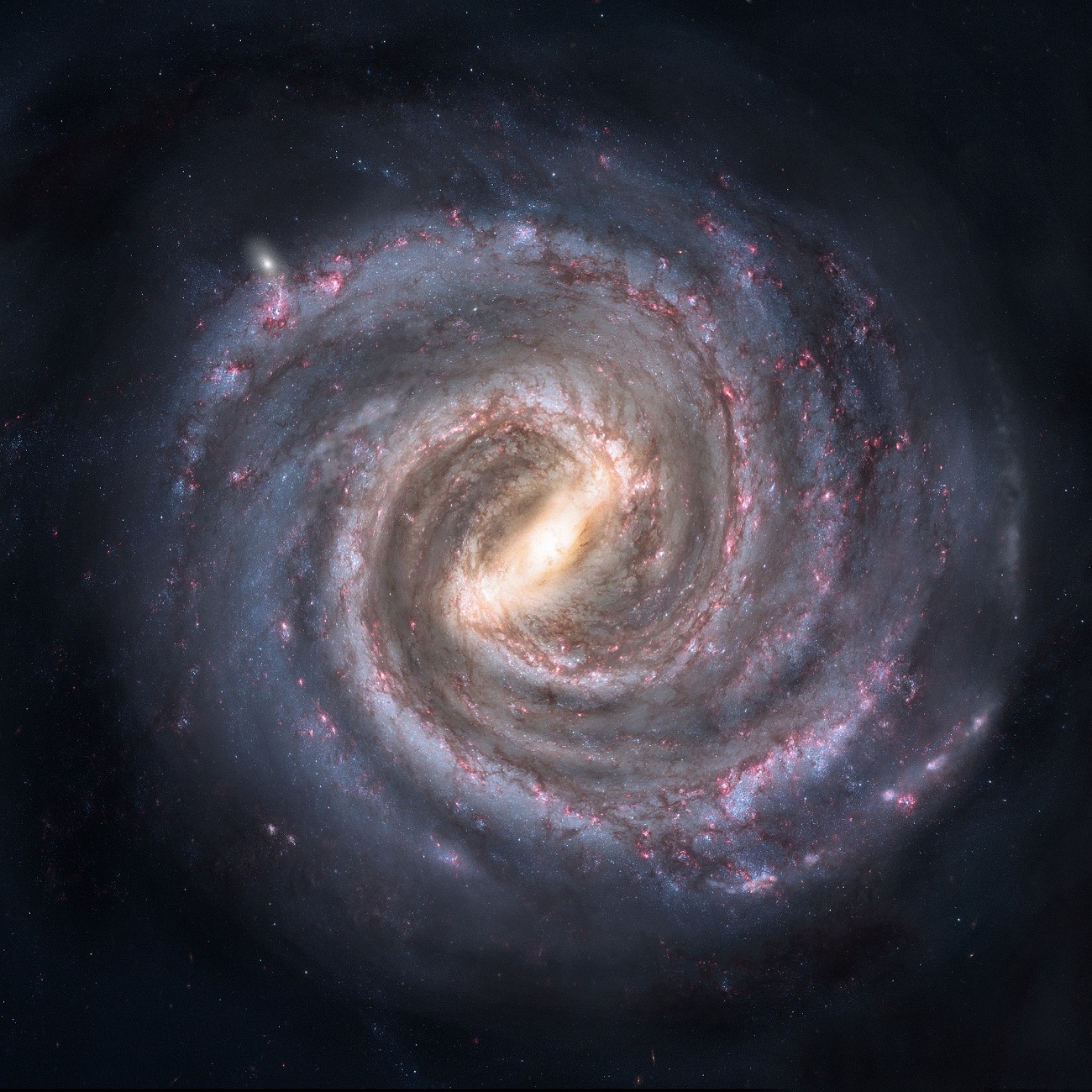It was possible to miss the launch of the CERES-1 Y7 missile. China is not known for showing off every step of its space exploration or turning everything into a marketing circus. It’s just the opposite. The Western world first learns about the important and important achievements of the space sector from accidental posts on Chinese social media, or from presentations at scientific conferences, and even then there must be someone secretly taking a picture of the presentation and posting it on Twitter. It was the same with CERES-1’s recent launch on Y7: whoever was supposed to know that, knew. However, it was a very interesting start.
On board a rocket launched from the Jiuquan Space Center in Inner Mongolia on August 11, 2023, there was an unusual payload. Chinese scientists have sent into Earth orbit, among others, the WonderJourney satellite, the first satellite to be controlled by artificial intelligence algorithms. It is entirely possible that this satellite is a precursor to something much larger.
Also read: The Chinese space industry’s attack on the moon continues. Will they outsmart the rest of the world this time, too?
As reported by the magazine South China Morning Post, the WonderJourney (WJ-1A) satellite, instead of sending all data about its position to Earth, is supposed to process it immediately, on board the satellite, and make decisions about possible maneuvers based on this analysis. However, the goal here is quite ambitious: Chinese scientists plan to produce fully autonomous satellites soon.
According to the plans, WonderJourney will independently analyze the environment and warn of unpredictable situations from Earth. While learning, the satellite will not have to send huge amounts of data back to Earth for analysis.
According to scientists, the String Edge AI Platform installed on board the satellite is a kind of brain of the satellite. It is he who allows the device to take notes and process the recorded image in real time. So far, all data has been sent to a flight control center on Earth’s surface, where it is being analyzed. On the basis of these analyzes, orders were issued to the satellites. Now, however, the WJ-1A will perform all of these missions autonomously in orbit. This is the first Chinese satellite with an intelligent operating system. Most importantly, it is just a technical test whose main task is to validate various smart applications in Earth orbit. We are talking about the future of communication with smart cars and drones or monitoring fires on the Earth’s surface. The satellite itself is equipped with high-resolution, panoramic and infrared cameras. Thanks to this, the system computer receives a complete picture of the situation from all sensors, both in the vicinity of the satellite and on the Earth’s surface.
Unlike traditional satellites, WonderJourney will be able to analyze an area of 10,000 square kilometers and track objects in just a few hours instead of 180 days.
It is worth noting here that the satellite service will not be similar to satellites in Earth orbit. A private assistant will be used to communicate with the satellite, in many respects similar to ChatGPT.
However, this is just the beginning. Plans include building a full constellation of twenty such satellites over the next 18 months. When the entire constellation is in orbit, satellite cameras will cover a larger area, and communication with them will become more efficient. Given that the number of satellites in orbit, and thus the number of close flights between them, is increasing at an exponential rate, it might be a good idea for the satellites themselves to monitor their surroundings and interact directly with them. Who knows, maybe it will save us from Kessler syndrome which could lead to an early end to human conquest of space

Echo Richards embodies a personality that is a delightful contradiction: a humble musicaholic who never brags about her expansive knowledge of both classic and contemporary tunes. Infuriatingly modest, one would never know from a mere conversation how deeply entrenched she is in the world of music. This passion seamlessly translates into her problem-solving skills, with Echo often drawing inspiration from melodies and rhythms. A voracious reader, she dives deep into literature, using stories to influence her own hardcore writing. Her spirited advocacy for alcohol isn’t about mere indulgence, but about celebrating life’s poignant moments.







![Fantastic Creatures (2024) – review and opinion about the film [UIP]. When you need a friend](https://pliki.ppe.pl/storage/a6a71e36b0a020da4bcf/a6a71e36b0a020da4bcf.jpg)
